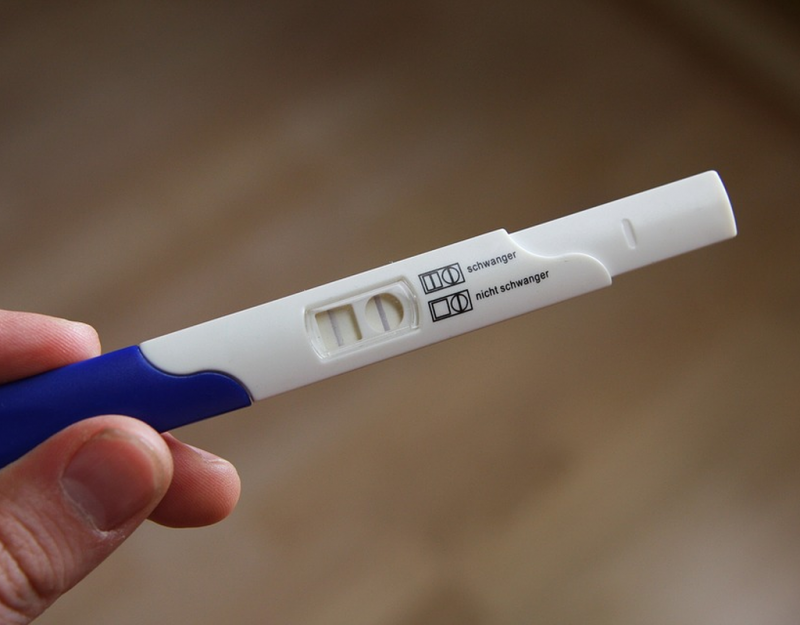The most obvious sign that lets a woman know (or suspect) she is pregnant is missing her menstrual period. There are plenty of other signs and symptoms of early pregnancy, including:
- No period or lighter bleeding
- Cardiovascular, temperature and blood flow changes
- Breast and nipple changes
- Going to the toilet more frequently
- Morning sickness
- Increased saliva
- Dizziness and fainting
- Tiredness and exhaustion
- Headaches
- Constipation and wind
- Changed libido
- Cramping, backache and bloating
A few women will experience what is called an ‘implantation bleed’ instead of a normal period, even though they have conceived a baby.
This is where light bleeding occurs as the growing baby burrows into the lining of their mother’s uterus, usually about 12 days after the egg has been fertilised, or ‘conceived’ in the fallopian tube.
An implantation bleed will typically occur just before, or around the time, the next period would have been due. However, it is usually not as heavy, or as long as a normal period.
Doctors or midwives will usually try and find out if a woman’s last ‘period’ was normal, to avoid calculating the baby’s due date from an implantation bleed, which would miscalculate the baby’s due date at about 3 to 4 weeks later.
Occasionally, a woman will continue to have a small, red or pinkish vaginal loss for a day or so around the time that their period would have been due, for example at around 4, 8, 12 and 16 weeks of the pregnancy.
This is more common during early pregnancy, but can persist into later pregnancy as well.
Some women will experience bright spotting (fresh bleeding), or brown spotting (bleeding that happened a day or so ago), at some stage during their pregnancy. This may appear as a heavy bleed, like a period, or like a ‘light period’ or simply as something small which is noticed when wiping herself after going to the toilet.
About 50% of women who experience bleeding during the first 12 weeks of their pregnancy will continue to experience a normal pregnancy.
Spotting after intercourse is often the result of the increased sensitivity of your cervix or caused by some kind of minor bumping or irritation. After the first trimester; spotting is less likely to occur, and even if it does, it’s still not necessarily an ominous sign.
Early pregnancy bleeding can be investigated by an ultrasound and any bleeding during pregnancy should be communicated to the doctors or caregivers looking after you.







I’d just like to add to this post- implantation bleeding isn’t supposed to last days. If you are bleeding and it’s not going away then go to the doctor, you could be having an ectopic pregnancy….
Everyone was saying to me “it’s just implantation bleeding”……. it wasn’t.
Hi my name is merekaraka banks and I’m just wounding if I should wait another week or so to take the test I’m a mouth and three days late… What do I do this is my first time and I’m unsure how or what I’m meant to do?? Could you help me..
Hi Merekaraka. The onset of your period can be late for many reasons, though if you are trying to conceive then the most common reason would be pregnancy. You can take a pregnancy test at any time, though it is more likely to show a true result when it is taken after the date your period was due. We would advise making an appointment with your doctor or health clinic, or call Healthline on 0800 611 116 for free advice from trained registered nurses.